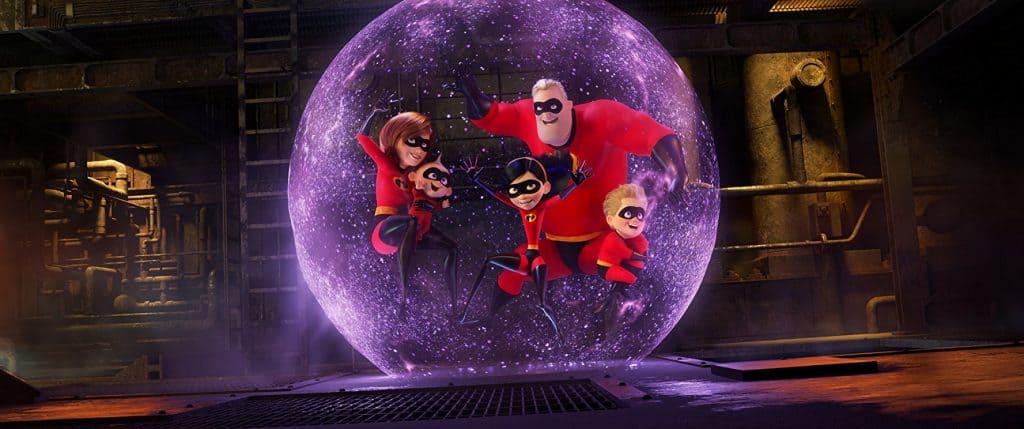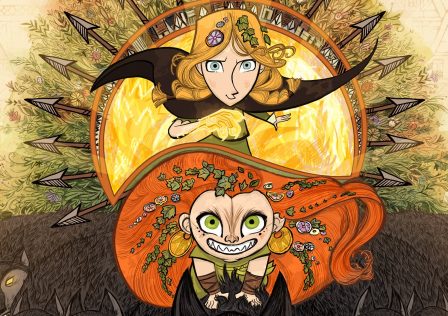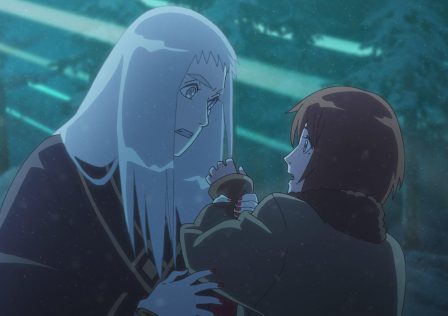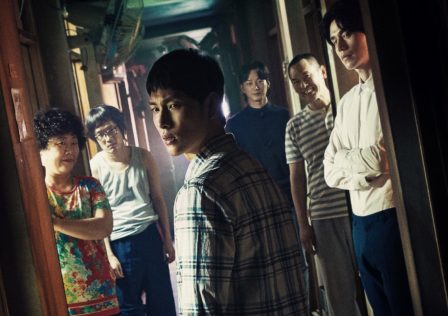I was a 17 years old, a misshapen mass of acne and awkwardness, when I first watched The Incredibles. There were explosions, but the biggest ones didn’t happen on screen. They were happening in my head.
I was mindblown by the spectacle. It was the pizzaz. It was the characters and their characterisation, all weaved through different movie genres. It was entertaining, and it made me think.
You can, perhaps, imagine the 14 years that follow. 14 years of rewatching the film, first on VCD rips from more fortunate friends, then the DVD bought on sale, and eventually over Netflix. 14 years of discovering new things about the film, of analysing and deep-diving into each scene, of starting a pseudo cult around Brad Bird (membership, me) with Michael Giacchino’s score as the anthem.
The Incredibles 2 is about a lot of things, but really about nothing
14 years, during which I embraced everything about the film, from its supposed proliferation of objectivist values, to how it’s an effective deconstruction of the superhero genre as it is a wholesome reconstruction of it.
Imagine all that, stacked up high and sturdily against a sequel I never expected to see.
The Incredibles 2 was bound to disappoint me. The first movie didn’t so much as raise a bar, but built a tower that may be nigh insurmountable – a tower with 14 years’ worth of analysis and study. As incredible as The Incredibles 2 may be, you can’t expect it to clear that tower in a single bound.
It’s not to say that The Incredibles 2 is a bad movie. Far from it, in fact – as a piece of entertainment, it is as exciting and thrilling as the first movie, and just as refreshing to behold. The set-pieces are amazingly crafted, impeccably staged. It’s funny! It’s heartfelt! It’s two hours of pure cinematic joy, one bolstered by great returning characters as well as interesting new ones.
It’s one of my favourite movies of the year so far, which is why it took me quite a while to admit that, just as the credit rolls, I was also sorely disappointed with the film.
And, perhaps, it has something to do with that 14-year insurmountable tower. Expectations can ruin a movie, of course.
But I think my disappointment with The Incredibles 2 stems from one thing: what the movie is really about.
Because, it seems to me, that The Incredibles 2 is about a lot of things, but really about nothing. The movie begins shortly after the first film, where the Incredibles family’s rather disastrous run-in with the villain Underminer (voiced by Pixar lucky charm John Ratzenberger) meant that for all the good they’ve done in the first film, superheroes are still very much outlawed. Hope, however, comes in the form of telecommunication moguls Bob and Evelyn Deavor, who wishes to use the powers of Public Relations to springboard superheroes back to action. The catch, of course, is that they want Elastigirl (Holly Hunter) to take the limelight. This means Mr Incredible (Craig T. Nelson) will have to take over parenting duties, much to his chagrin.
It’s not all smooth-sailing for Elastigirl, though. While being front and centre has its perks, the job comes with the threat of Screenslaver, a new supervillain who uses screens to hypnotise and control people.
The premise sets up for a lot of possibly fascinating discussions, yet can’t quite stick the landing. It may be, for one, an exploration of gender roles in a patriarchal society, but the movie doesn’t quite resolve that conflict in the end. Mr Incredible’s stay-at-home father ordeal seems to wrap up conveniently before the climax, never to be brought up again.
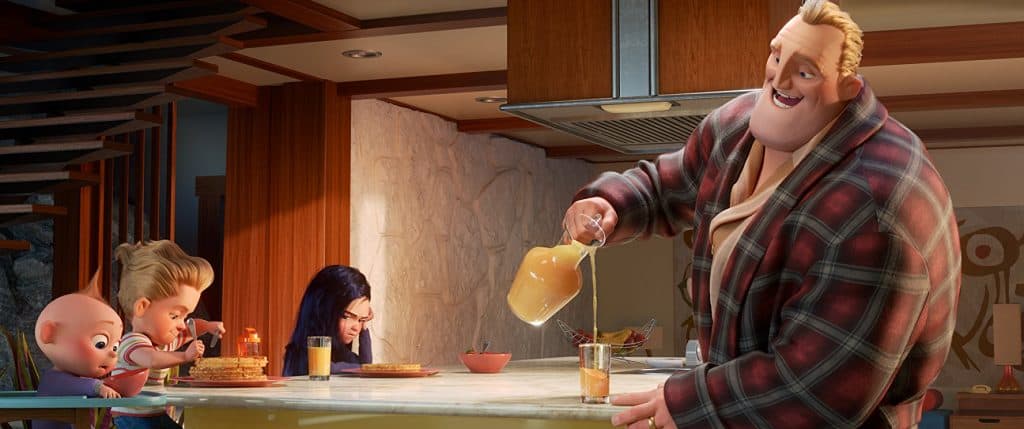
Super dad has super problems, but it doesn’t have a super resolution
Maybe it’s meant to continue some of the discussions cropped up in the first movie. Does the inclusion of superheroes in our society strengthens or weakens it? Shouldn’t Equality equates to equality in ability?
That discussion certainly surfaced, especially during the villain monologue, where Screenslaver expounds on why the inclusion of superheroes in society makes society more dependent, weaker, and unable to solve their own problems. It’s a valid thought, and something worth exploring between our heroes and the villain. Yet the answer or further discussion thereon seemed prematurely stumped as the movie brushes past it to reach its action-packed climax.
It’s an issue of payoff. The movie sets up a lot of interesting arcs – Elastigirl’s time in the limelight, Mr Incredible’s daddy duties, and Jack-Jack’s new powers – but none of them felt satisfyingly resolved.
Yet you can’t call the movie theme-less, either. It is, after all, a film about family. Elastigirl learns that she, as flexible and independent as she is, she needs to trust that her family is rock solid without her. One by one, each member of the family reinforces their responsibility with one another. And messy as the delivery may be, what the movie does eventually discuss – our penchant towards worshipping heroes being one of them – is valid, and worth thinking about.
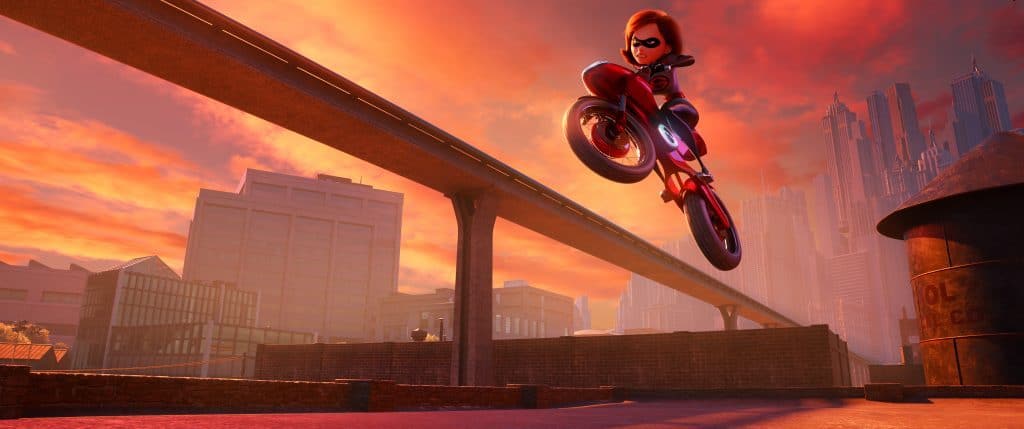
Elastigirl is a highlight of the film, but even then her arc ends on a limp note
It’s when it’s propped against that 14-year tower that The Incredibles 2 feels sloppy and incomplete – that, perhaps, Brad Bird couldn’t quite decide what he wants his movie to be about, and in the end it becomes a porridge that is tasty and satisfying, but not filling enough. Like most of my meals with porridges, I come out disappointed and hollow.
But that’s okay. It’s okay to acknowledge a film’s many strengths but still feel unfulfilled. And, sometimes, the layers of the movies don’t show itself until the second, third, or even 20th viewing. If anything, it’s an opportunity. In the next 14 years, The Incredibles 2 will be its own tower. And exploring it will be a fascinating journey.

makes it a life goal to annoy everyone with random Disney trivia. When he’s not staring at a screen or holding a controller of some sort, he is thinking about curry noodles. Like right now.
